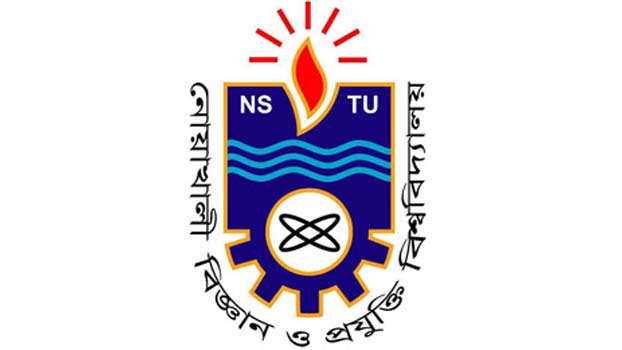Majority NSTU students prefer Govt jobs

The teachers of Noakhali Science and Technology University (NSTU) in a research find that 67.5 percent of NSTU students give 1st priority for Govt job in career choice and 32.5 percent for private sectors.
On 27 July, this information came to light from the research paper about NSTU students career choice and job preparedness strategies based on social environmental perspective. The
research paper is already published in International Journal of Evaluation and Research in Education (IJERE).
The research was conducted by Dr.Md. Roknuzzaman Siddiky, Chairman and Associate Professor of the Department of Sociology and Shahanaz Akter, Assistant Professor of the same department.
According to the research, 120 students from 14 departments of the university participated while 65.8 percent (79 students) in Fourth year and 34.2 percent (41 students) in Master's. Among them,57.5 percent (69 students) were male and 42.5 percent (51students) were female. Among the participants,67.5 percent (81 students) voted for Govt job and 32.5 percent (39 students) for private sectors.
According to the numerical distribution of job sectors,31.7 percent (38 students) voted for BCS,10 percent( 12 students) in Public banks, 5.8 percent(7 students) in Private banks, 10.8 percent(13 students)in Private/multinational companies,16.7 percent(20 students) in Public research/scientific organizations,9.2 percent(11 students) in
Private research/scientific organizations and rest 15.8 percent(19 students) in teaching professions in universities, IT and power related jobs.
The researchers also mentioned socio-economic status of the participants where 9.2 percent (11 students) are lower middle class, 75.8 percent (91 students) are middle class and rest 15 percent (18 students) are upper-middle class.
The researchers find some factors that effect on students career choice which are family preferences, family hardship, job conditions, teachers’ advice, job prestige or dignity, job security, the remuneration, the scope of promotion, the scope of pension, the scope of professional development, students’ personal interests, academic majors, educational attainments, and career development trainings. The researchers mentioned that majority of the respondents don't have professional development trainings to prepare themselves for jobs.
The researchers emphasized the students to prepare for their jobs and career besides academic studies and so that the students to develop their skills throughout professional development training d co-curricular activities. The researchers also mentioned the importance of set up career guideline cell in public and private universities. In this research, NSTU Treasurer Prof. Dr. Mohammed Faruque Uddin and Prof. Dr. Newaz Mohammad Bahadur, Dean of Faculty of Educational Sciences of the NSTU cooperate in overall.




